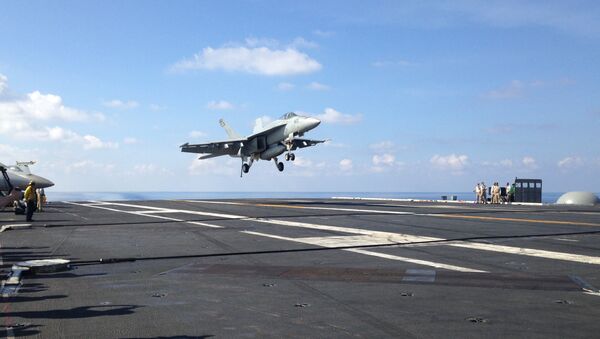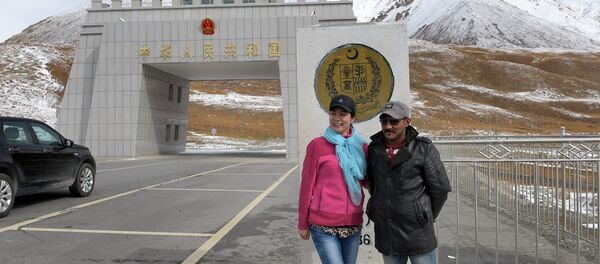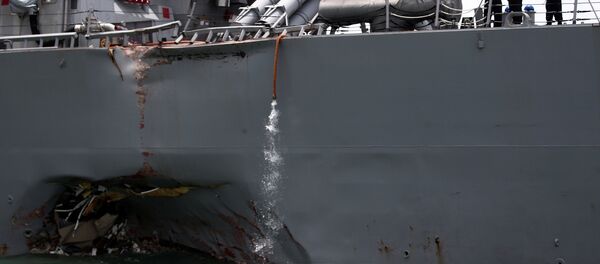As relations between Washington and Beijing continue to degenerate, an announcement by the Pentagon to increase maritime patrols in the disputed South China Sea has defense analysts concerned about an expected military escalation on both sides.
Frustrated by continuing rebuffs from US President Donald Trump to overtures for bilateral negotiation, and now facing an enhanced US Navy presence in what it claims to be home waters, Beijing is expected to step up its weapons and military asset deployment in the hotly-disputed region, according to a new report from the Wall Street Journal.
In suggesting that Washington seeks to demonstrate a consistent posture to counter Beijing's claims in the South China Sea, the report stated that the US Pacific Command would increase its regular patrols to two-to-three per month, cited by the South China Morning Post (SCMP).
So-called Freedom of Navigation patrols by US Navy warships are expected to incite China to increase its military presence in the area, resulting in weapons escalation and a growing unease by regional partners to both nations.
There were just four reported US Navy patrols in the region during the previous administration of US President Barack Obama, as well as three since Trump's inauguration, however the Pentagon announcement will significantly increase the regular presence of US military assets in the region, a move sure to incense Beijing.
Diplomatic tensions between the US and China will rise prior to Trump's planned visit to Beijing in November, according to Pang Zhongying, from Qingdao's Ocean University..
"China will closely monitor US vessels and counter them," Pang suggested, adding that it would, "lead to worsening ties between the two militaries," cited by SCMP.
The most recent US Navy Freedom of Navigation patrol was completed by the USS John S. McCain just days prior to that ship's collision with a cargo vessel in waters near Singapore that resulted in the deaths of 10 American sailors.
China has recently asserted its sovereignty over the entire South China Sea — ignoring longstanding claims by Association of Southeast Asian Nations members Malaysia, Vietnam, Brunei, the Philippines and Taiwan — building artificial islands over sensitive marine habitats that act as forward military posts, according to observers.
Beijing has routinely asserted that the vast terrain-building in the area is primarily for scientific purposes or to promote regional tourism.
The maritime region — a vital commercial link — sees some $5 trillion worth of ship traffic annually and is also thought to house large untapped reserves of oil and natural gas.




